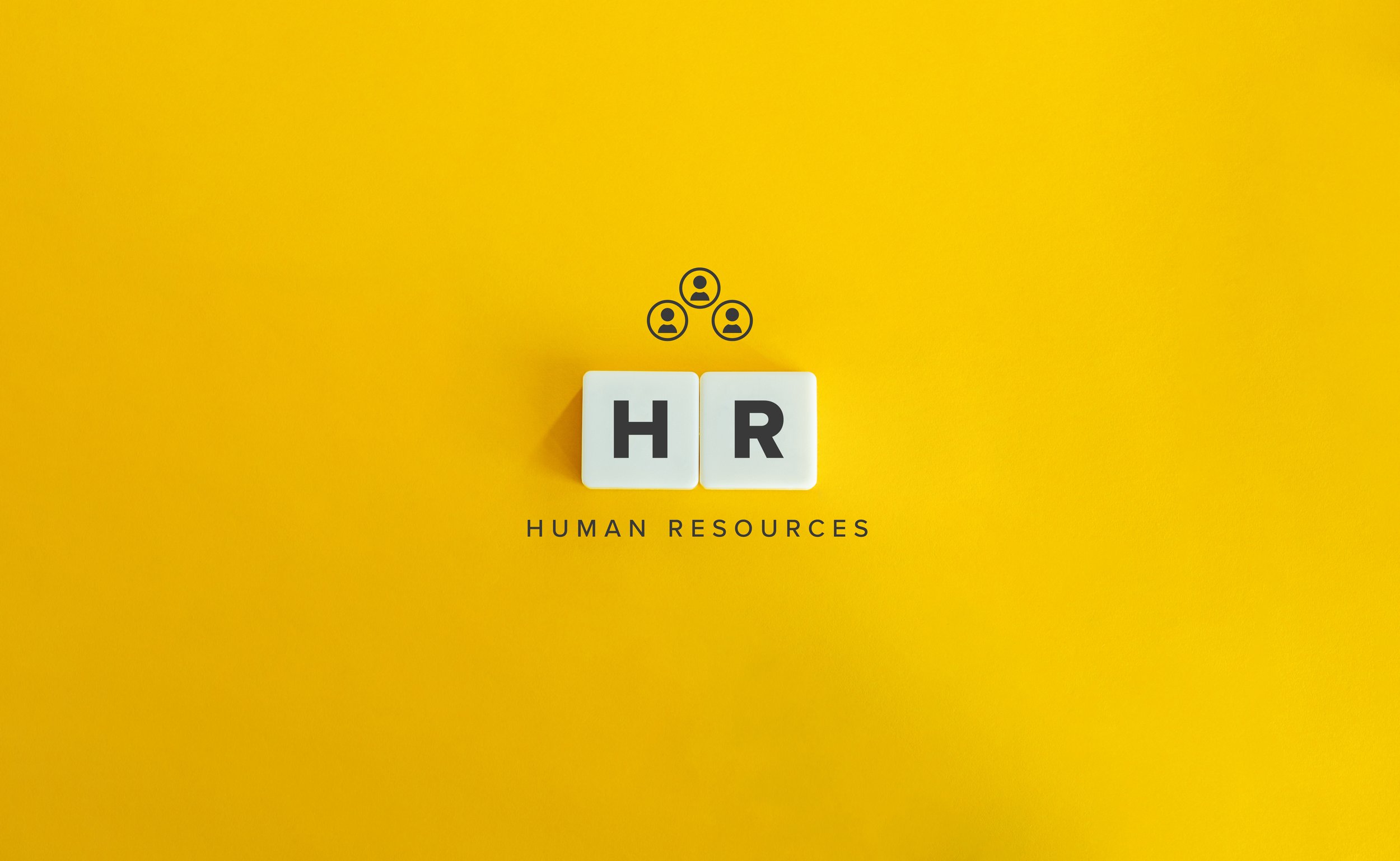Human Resources has always been essential to the health of an organization, yet too often it is still described in administrative terms. The HR function becomes synonymous with compliance, forms, and processes rather than strategy, foresight, and leadership. For HR professionals building or updating their resumes, that perception is something worth rewriting.
The best HR resumes don’t read like lists of responsibilities. They read like leadership narratives. They tell a story of how people strategy influences growth, culture, and performance. The challenge is shifting from a resume that outlines what you do to one that demonstrates how you shape organizational outcomes.
The first step is to view your career through the lens of business impact. Instead of leading with duties, emphasize outcomes. Show how your actions strengthened teams, improved efficiency, or supported company goals. A well-written HR resume connects your work to measurable results, even when those results involve cultural or operational improvement rather than revenue.
The second shift is mindset. The strongest HR professionals approach their work as change leaders, not administrators. Whether you built new processes, restructured a team, or influenced policy, those are indicators of transformation. The tone of your resume should reflect forward movement - how you led others through change, solved complex challenges, and created clarity where there was none.
Another important area is language. HR professionals often rely on internal terminology that doesn’t resonate outside the department. Replace policy-heavy descriptions with business-oriented phrasing that connects to outcomes. Hiring leaders want to see that you understand how HR aligns with revenue, retention, performance, and culture. Use concise, active wording that communicates leadership and accountability.
In addition to what you accomplished, emphasize how you partnered with others to make it happen. Collaboration is the thread that connects effective HR to every corner of the business. Highlight moments when you worked with executives, department heads, or cross-functional teams to align people strategy with business priorities. This demonstrates influence, not just participation, and shows that you can operate at the strategic level.
The summary at the top of your resume should reflect that same leadership tone. Rather than presenting yourself as a manager of processes, position yourself as a business leader who specializes in people strategy. Keep it natural and confident, focusing on how you help organizations strengthen their culture, performance, and future readiness. The right summary sets the tone for everything that follows and gives readers an immediate sense of your executive presence.
While it can be tempting to list every responsibility you’ve ever held, a strong HR resume is selective. It focuses on relevance, not volume. Tailor your content to reflect the kind of roles you’re targeting now, emphasizing transferable strengths like workforce planning, organizational design, or leadership development. This level of focus tells hiring managers that you are intentional and self-aware.
Culture is another defining element of HR work that belongs on your resume, but it should be presented with substance, not sentiment. If you’ve shaped programs, strengthened communication, or influenced leadership behavior, mention those efforts in a clear, results-oriented way. Culture work is strategic work, and your ability to articulate it can set you apart from peers who limit themselves to compliance and administration.
Equally important is how your resume looks and feels. Clean design, clear sectioning, and concise bullets reflect a mind that values clarity and precision—two traits every executive expects from HR leadership. Presentation communicates professionalism before a single word is read.
Finally, let your voice come through. The best resumes balance credibility with authenticity. Avoid overly formal phrasing that strips away your personality. If your leadership style is collaborative, analytical, or coach-like, let that tone emerge naturally in your writing. Recruiters and executives respond to individuals who sound like people, not position descriptions.
The larger goal is to reshape how your work is perceived. HR is not a support function; it’s a strategic one. It is about guiding performance, protecting culture, and ensuring that business and people move forward together. When your resume reflects that, you shift from being viewed as a necessary role to being seen as a critical advantage.
Hi, I am Scott Gardner, CPRW, CERW, CIC, I help HR professionals bring that story to life. Through personalized career coaching and resume writing, I help you communicate the depth of your leadership and the measurable value you deliver.
If you are ready to position yourself as that kind of strategic partner, I can help you tell that story clearly, confidently, and with the credibility it deserves. Contact me.

